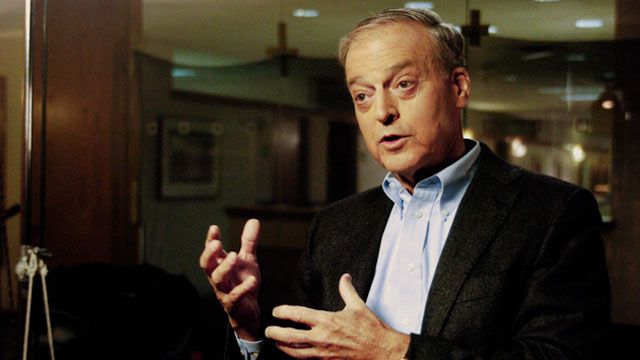John S. Reed began his career at Citicorp in 1965 after earning his Master’s degree in management from the MIT Sloan School of Management. He remained at the bank for 35 years, being named the Chairman and CEO in 1984. During his 35-year tenure at Citi he became known as an innovator; he is credited with raising the bank’s profile in Asia and Latin America, pushing for the worldwide use of automated teller machines (ATMs), and promoting the marketing of credit cards in the United States.
He was also at the helm of Citicorp in 1998 when Sandy Weill, head of the insurance and investment firm Travelers Group, approached him about a possible merger between the two companies. The two came to an agreement to create the largest conglomerate ever, Citigroup. The deal was in violation of the Depression-era Glass-Steagall Act, but due in part to Weill’s connections in Washington, legislation was passed the following year making the merger legal.
Reed served as co-chair of Citigroup from its creation in 1998 until his retirement in 2000. He later served as the interim CEO at the New York Stock Exchange, where he established new governance protocols as the NYSE became a public entity. Since 2010, he has served as the Chairman of the MIT Corporation, the governing body of the Massachusetts Institute of Technology. The same year, he testified before the Senate Banking Committee and came out in support of the Volcker Rule, a regulation that would restrict U.S. banks from taking part in speculative investments that do not benefit consumers. The Volcker Rule has been compared to the Glass-Steagall Act, the same law that Reed worked to repeal in order to make the Citigroup merger legal. Today, Reed continues to be a vocal supporter of strong financial reform.

